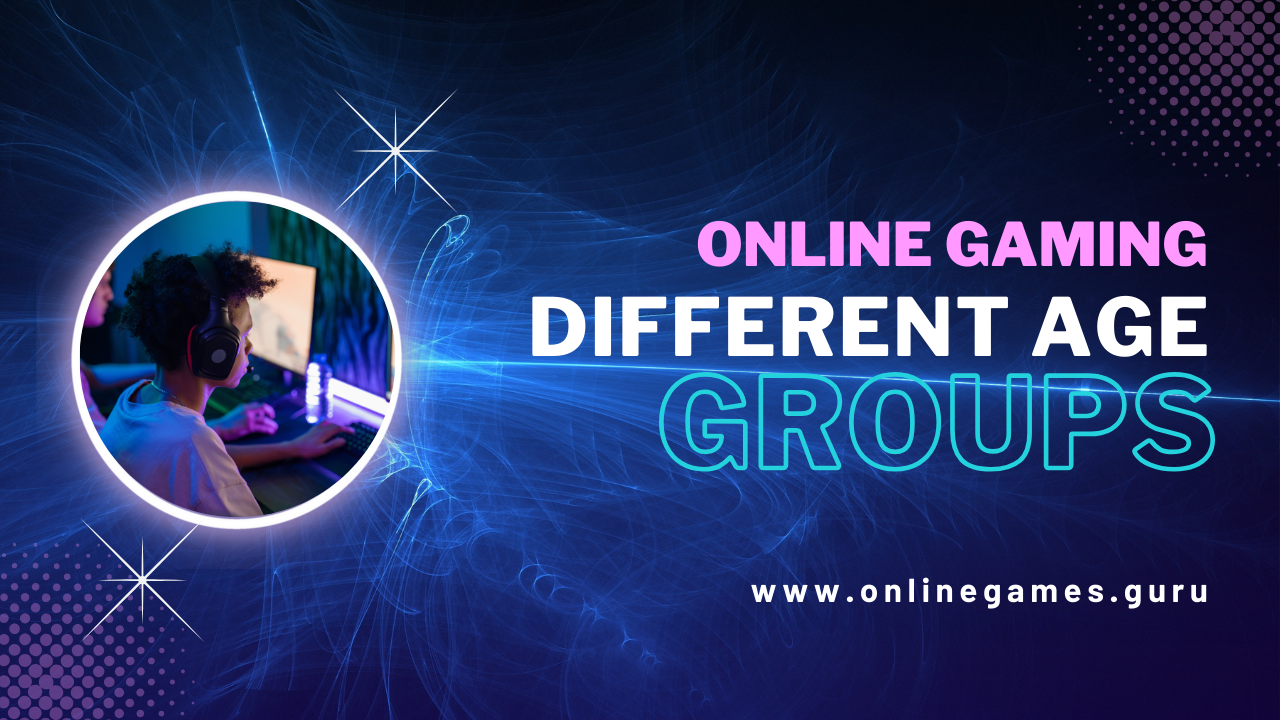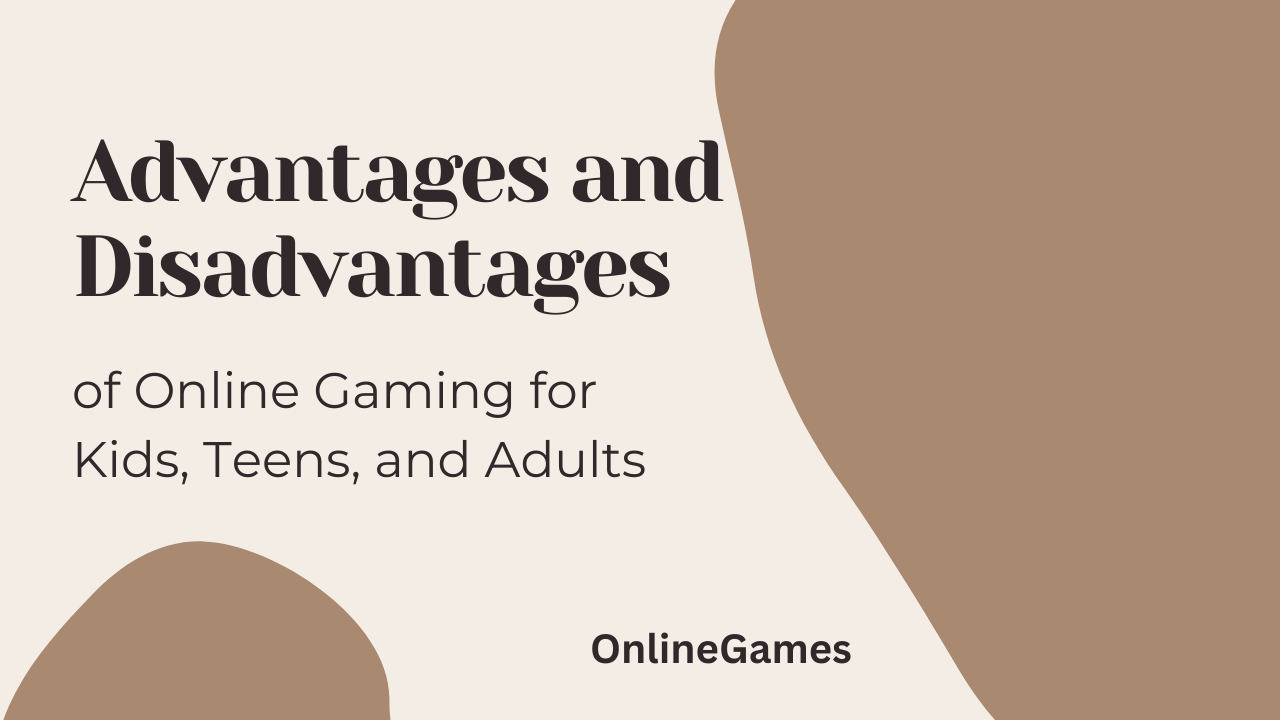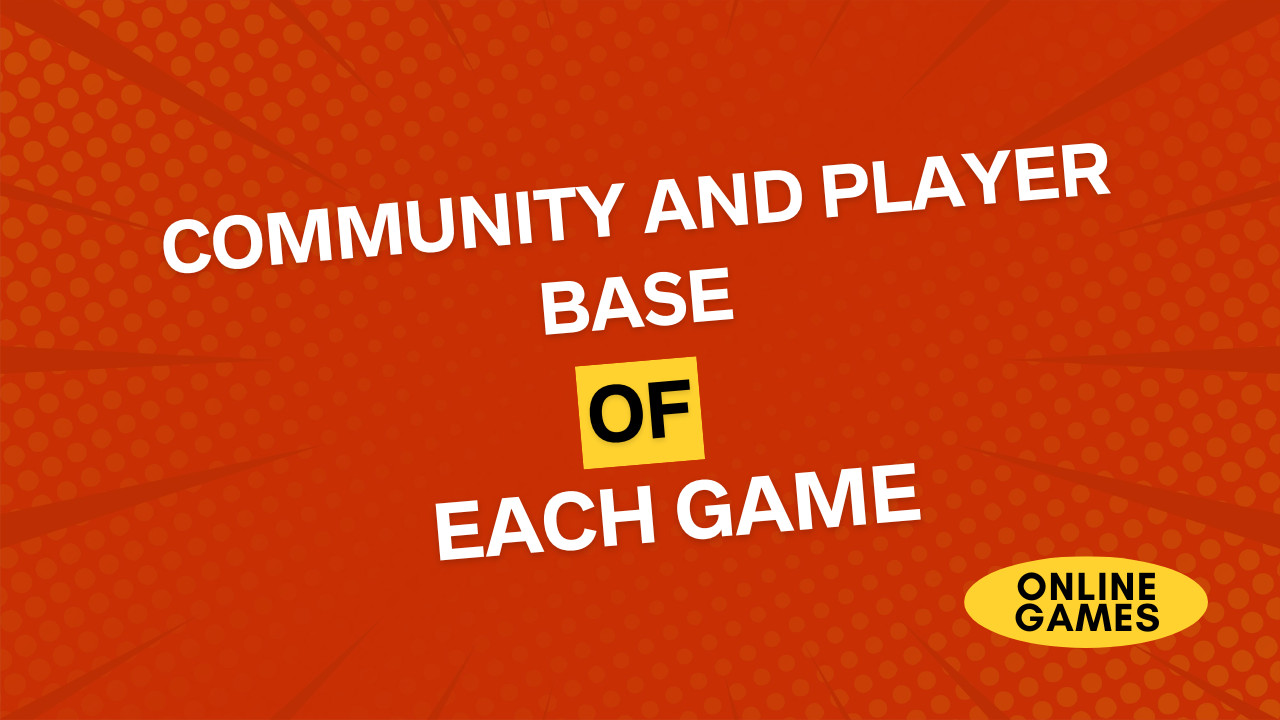Online gaming offers a diverse range of experiences tailored to different age groups, from children and teenagers to adults and seniors. Each age group has unique preferences, safety considerations, and gameplay interests that influence their gaming choices. This article explores the landscape of online gaming across various age groups, highlighting suitable games and considerations for each demographic.
Online Gaming for Children (Under 12)
Educational and Non-Competitive Games
For children under 12, online gaming platforms offer educational games that promote learning, creativity, and social interaction in a safe environment. Games like Minecraft, Roblox, and Animal Crossing: New Horizons provide opportunities for creativity, exploration, and collaborative play with friends. These games often include parental controls and moderation features to ensure a child-friendly gaming experience.
Safety Considerations
Parents should prioritize safety when allowing young children to play online games. Enable parental controls to manage in-game purchases, restrict communication features, and monitor gameplay activities. Encourage children to play in moderated environments and educate them about online etiquette and cybersecurity practices.
Online Gaming for Teenagers (13-17)
Multiplayer and Competitive Games
Teenagers enjoy online gaming experiences that emphasize teamwork, strategy, and competitive play. Games like Fortnite, League of Legends, and Call of Duty: Warzone offers fast-paced gameplay, esports competitions, and social interactions with peers. These games foster skill development, coordination, and communication skills among teenage players.
Social Interaction and Community Engagement
Teenagers often use online gaming as a platform for socializing with friends and meeting new players worldwide. They participate in guilds, clans, and online communities where they discuss strategies, share gameplay experiences, and organize team-based activities. Developers frequently update these games with new content, events, and challenges to keep the community engaged.
Online Gaming for Adults (18-35)
Diverse Genres and Immersive Experiences
Adults gravitate towards a diverse range of online gaming genres, including RPGs, FPS, simulation, and MMORPGs. Games like The Witcher 3: Wild Hunt, Apex Legends, Cities: Skylines, and World of Warcraft offer immersive storytelling, complex gameplay mechanics, and expansive virtual worlds that cater to adult interests and preferences.
Flexibility and Convenience
Adult gamers appreciate the flexibility of online gaming, allowing them to play at their own pace and schedule. They may balance gaming with work, family responsibilities, and social commitments, making games with asynchronous gameplay, single-player campaigns, and cooperative modes appealing choices.
Online Gaming for Seniors (Over 65)
Casual and Relaxing Games
Seniors enjoy online gaming as a form of entertainment, relaxation, and mental stimulation. Games like Solitaire, Mahjong, and Words with Friends provide enjoyable experiences that challenge memory, problem-solving skills, and strategic thinking. These games often feature simple controls and minimal time commitments.
Social Interaction and Cognitive Benefits
Online gaming offers seniors opportunities to connect with friends and family members, participate in virtual communities, and maintain social connections. Engaging in online games can also provide cognitive benefits, such as improved memory, concentration, and mental agility.
Online gaming caters to diverse age groups with a wide range of interests, preferences, and gameplay experiences. Whether for children exploring creative worlds, teenagers competing in esports tournaments, adults immersing themselves in complex narratives, or seniors enjoying casual games for relaxation, there is a game for everyone. By understanding the specific needs and considerations of each age group, gamers can make informed choices and enjoy enriching online gaming experiences that align with their interests and lifestyles.










